DUST-UP
DUST-UP
Asbestos Litigation and the Failure
of Commonsense Policy Reform
JEB BARNES
Georgetown University Press, Washington, D.C. www.press.georgetown.edu
2011 by Georgetown University Press. All rights reserved. No part of this book may be reproduced or utilized in any form or by any means, electronic or mechanical, including photocopying and recording, or by any information storage and retrieval system, without permission in writing from the publisher.
Library of Congress Cataloging-in-Publication Data
Barnes, Jeb.
Dust-up : asbestos litigation and the failure of commonsense policy reform / Jeb Barnes.
p. cm.
Includes bibliographical references and index.
ISBN 978-1-58901-766-5 (pbk. : alk. paper)
1. Products liabilityAsbestosUnited States.
2. DamagesUnited States. 3. AsbestosLaw and legislationUnited StatesHistory. 4. Law reformUnited States. I. Title.
KF1297.A73B37 2011
344.046335dc22
2010041418

This book is printed on acid-free paper meeting the requirements of the American National Standard for Permanence in Paper for Printed Library Materials.
15 14 13 12 11 9 8 7 6 5 4 3 2
First printing
Printed in the United States of America
ILLUSTRATIONS
Figures
Tables
PREFACE
One of my favorite fortune cookies reads: To teach is to learn twice. This book embodies that aphorism. In 2005 I returned to the University of Southern California from a two-year stint at the University of California, Berkeley, School of Public Health as a Robert Wood Johnson Scholar in Health Policy, an innovative interdisciplinary program that seeks to draw new scholars into the field of health policy research. During my fellowship I studied the policy implications of American reliance on litigation to address public health issues, and I was eager to include this material in my courses on American politics and law and public policy. One of my new lectures focused on the cost and unpredictability of American asbestos litigation relative to the centralized social insurance programs found in other economically advanced democracies. These comparisons repeatedly begged a key question: If asbestos litigation in the United States is so woefully inefficient and unfair, why has Congress repeatedly failed to replace it? This question caused me to revisit what I had learned during my fellowship. The more I looked, the more intrigued I became, because the story of asbestos litigation reform seemed to defy conventional wisdom at every turn.
This volume is the culmination of my inquiry. Given its origins, the main purpose of this project is to teach students about the complexity of the American policymaking process and, along the way, push them to think beyond the specialized accounts of congressional and judicial behavior that dominate media accounts and the academic literature and to consider how policy and politics emanate from interactions among different branches and levels of government. A secondary purpose is to illustrate how case studies, despite their obvious limitations, can advance the research cycle, even from a perspective that ultimately sets its sights on hypothesis testing in large-N, variable-based studies. The hope is that this case study will find a place in seminars on American politics, health policy, and law and public policy and will be used by other teachers to encourage students to think more carefully about the sometimes inspiring, sometimes maddening, always interesting back and forth of contemporary US policymaking.
Many wonderful colleagues and friends helped advance this project, and it is my pleasure to acknowledge my indebtedness to them. At Georgetown University Press, a special debt is owed to Gail Grella, who first expressed interest in this project, to Don Jacobs, Gails successor, whose endless patience gave it a chance to come to fruition, and to the reviewers, for their penetrating and constructive comments. At Berkeley, Robert A. Kagan and Stephen Sugarman served as my mentors in the Scholars in Health Policy Program and offered tireless advice and insight. Special thanks are due to Patrick Hanlon at Berkeley, to R. Shep Melnick at Boston College, and to Thomas F. Burke at Wellesley College, who offered searching critiques of early drafts that greatly improved the book, and to the interviewees who took time out of their busy schedules and received nothing in return other than the promise of confidentiality. I also owe a deep intellectual debt to Kathleen Thelen at the Massachusetts Institute of Technology, to the participants in the 2006 Institutional Change and Law Workshop at Northwestern University, to Marty Levin at Brandeis University, and to the participants in the 2007 Workshop on Contemporary Governance, whose comments inspired the framing of the analysis and encouraged me to continue to develop the idea of the politics of efficiency. I am equally indebted to two graduate students at the University of Southern California, Jesse Mills and Parker Hevron, whose timely and energetic research assistance was critical in pushing the project to completion. I look forward to reading their books and articles on American politics. Of course, any errors that survived these fine scholars best efforts at correction remain entirely my own.
Finally, and above all, I thank my loving wife, Annie Barnes, whose partnership, kindness, and intelligence supported every word of this manuscript, and to my two boys, Alexander and Ryan, who provided much-needed breaks for, among other things, football, soccer, baseball, bike riding, ping pong, surfing, swimming, and Lego building.
Part I
Background
CHAPTER 1
Todays Challenging Legislative Environment and the Politics of Efficiency
For some time, Ive had a growing conviction that Congress is not operating as it should. There is too much partisanship and not enough progresstoo much narrow ideology and not enough practical problem solving. Even at a time of enormous national challenge, the peoples business is not getting done.
SENATOR EVAN BAYH (D-IN), on why he was retiring from the Senate, Los Angeles Times, February 16, 2010
On September 9, 2009, President Barack Obama addressed a joint session of Congress on the need for major health care reform. Standing before his fellow elected officials and recent congressional colleagues, Obama declared that the time for bickering is over and presented his case for a $900 billion plan that would build on the existing employer-based health care system. In the middle of his speech, after he chided opponents for distorting his plan and insisted that it would not cover illegal immigrants or fund abortions, Republican representative Joe Wilson of South Carolina shouted You lie (Connolly and Shear 2009).
Congressional leaders quickly condemned Wilsons behavior. He apologized, and President Obama accepted the apology. Rank-and-file Democrats, however, were not so easily appeased. They called for a formal reprimand, and on September 16, 2009, the House of Representatives passed a resolution of disapproval against Wilson on a largely party-line vote (Kane 2009). While the Democrats formally rebuked Wilson, the base of the Republican Party embraced him. He reportedly became a minor celebrity among conservatives and fund-raising star, receiving thousands in campaign contributions, garnering invitations from Republican candidates across the nation, and posing for photographs with the party faithful for $150 (Associated Press 2009).

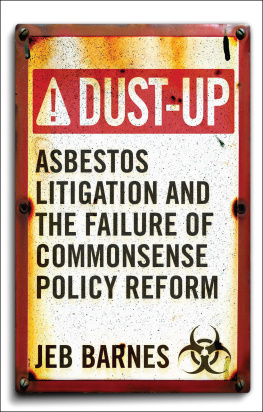
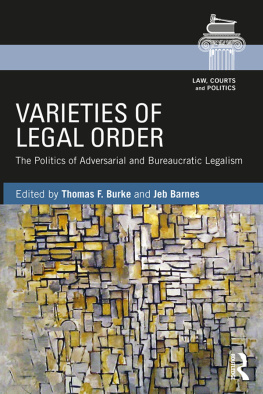

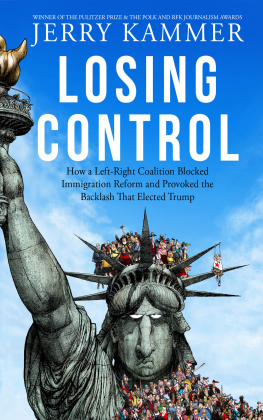
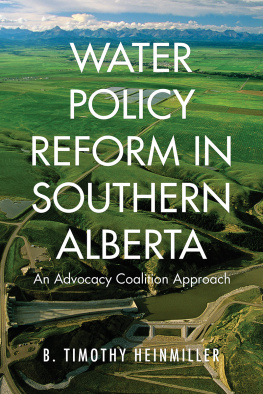

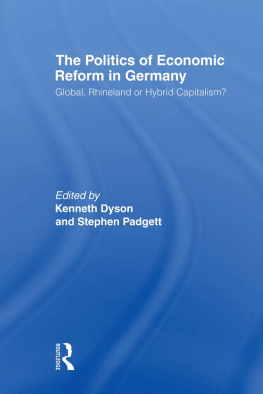


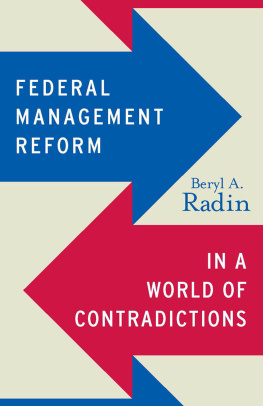
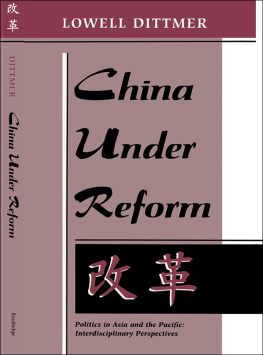


 This book is printed on acid-free paper meeting the requirements of the American National Standard for Permanence in Paper for Printed Library Materials.
This book is printed on acid-free paper meeting the requirements of the American National Standard for Permanence in Paper for Printed Library Materials.